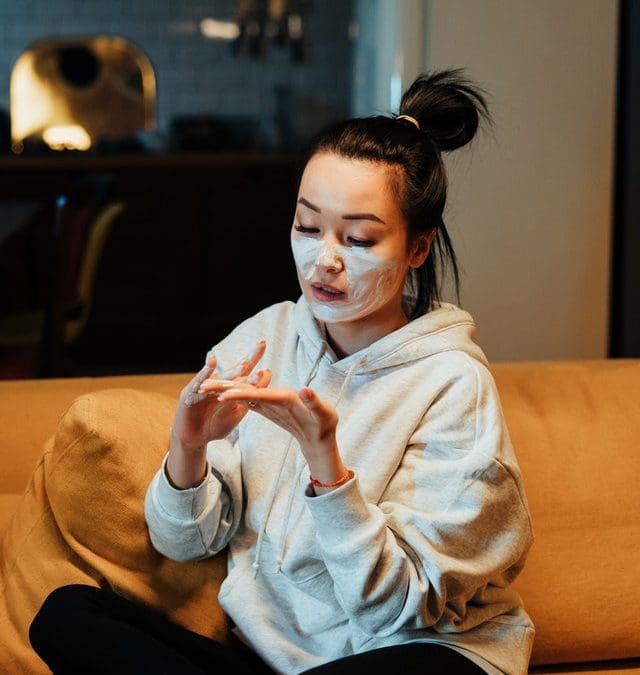Skincare and Acne Treatment in El Paso, TX
According to the American Academy of Dermatology, acne affects up to 50 million Americans each year and is the most common skin condition in the United States. It usually begins during puberty and affects many adolescents and young adults, with approximately 85% of people between 12 and 24 years old experiencing at least minor cases. But acne can occur at any stage of life and often persists into adulthood. People of all races and ethnic backgrounds can experience acne.
WHAT IS ACNE?
Acne occurs when oil and dead skin cells plug the pores in your skin. When this happens, outbreaks of skin lesions can develop; these lesions are most commonly called pimples. Most often pimples develop on the face; however, they sometimes also appear on the back, chest, neck, and shoulders.
Acne cannot be prevented, only managed. Knowing what triggers and what exacerbates the condition for you personally is important. Some things to consider include hormone changes, any medications you take (e.g., supplements or prescription drugs), cosmetics you use, if your skincare regimen includes harsh scrubbing, and if you pick at or squeeze existing pimples. Family history also may contribute to acne.
HOW TO ADDRESS YOUR ACNE
Many people with mild acne can manage the condition easily with simple lifestyle changes. Washing your face more often–up to two to three times per day–can make a big difference. And cleansing your skin with lukewarm water and a gentle, non-abrasive cleanser, and applying a non-comedogenic (i.e., not tending to clog pores) moisturizer is key. Further, changing your pillowcase more regularly also can help prevent a buildup of the oils and dead skin cells that clog pores.
Besides adjusting your skin hygiene practices, you might want to buy an over-the-counter (OTC) acne product. Such products have been developed to help heal acne lesions, stop new lesions from forming, and prevent scarring. Some OTC skincare products can help, but your doctor might offer other options if your acne is more persistent.
HOW YOUR DOCTOR CAN HELP
If lifestyle adjustments don’t minimize your acne, you might want to make an appointment to see your primary care doctor. The treatment for your acne will depend on how severe it is. Discussing your options with your primary care doctor or a dermatologist will help determine which course of action is most appropriate for you.
Your doctor may recommend prescription medications to help stop acne from developing; there are oral and topical options that might be more effective in your case. If prescription medications do not work for you, your doctor might suggest other acne treatments. There are several types of office-based medical procedures that may be helpful, such as light therapy, chemical peels, or steroid injections. These medical procedures can eliminate or at least mitigate acne when other treatments do not work. It can take several months before your acne is reduced.
Modern MD, PLLC is the health and wellness family practice of Dr. Patricia Lopez-Po, MD. At her family medical center located on the west side of El Paso, and via home visits, Dr. Lopez-Po focuses on the whole patient and provides continuous primary care, with specialty services such as skincare and facial rejuvenation treatments as needed. Contact Dr. Lopez-Po online, or call 915-228-3080 to schedule an appointment.

